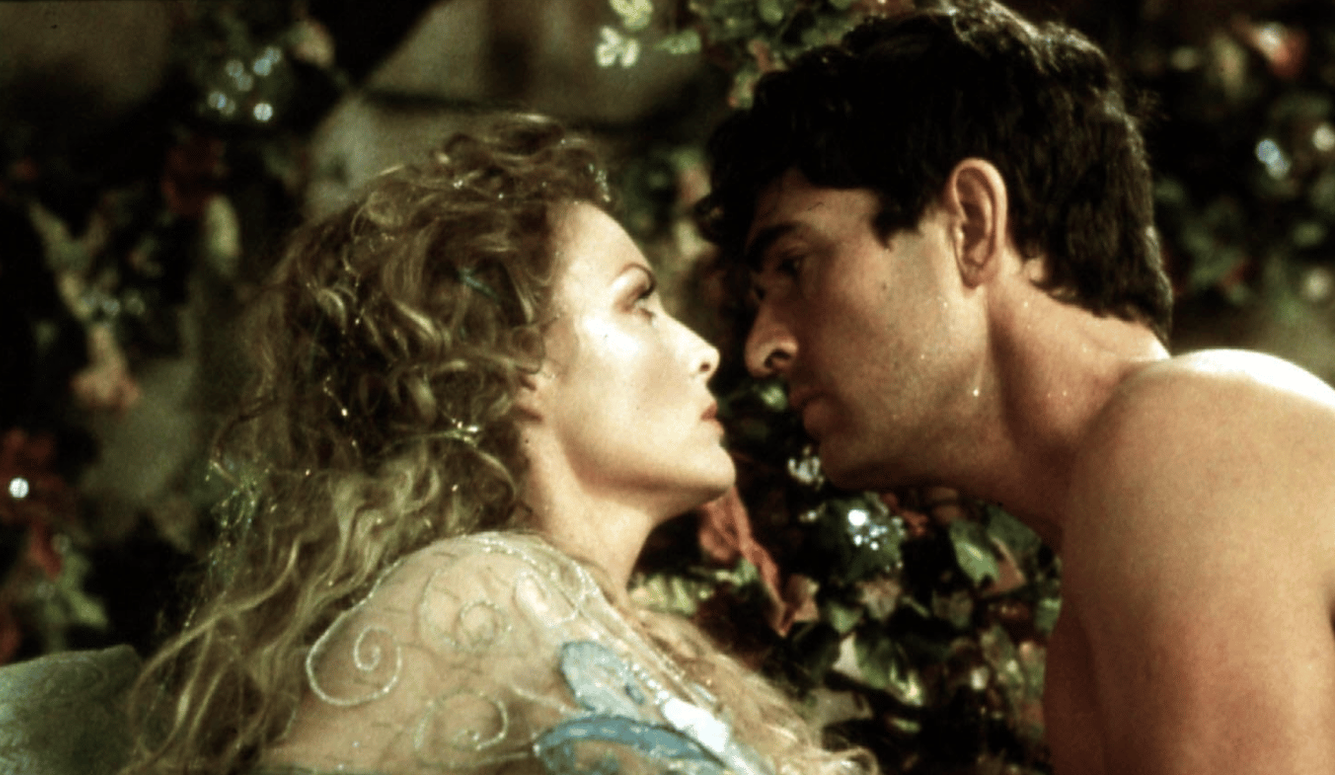Art and Culture
Against Agency
Attending to Shakespeare on his own terms may allow us to reclaim the erotic warmth that is latent in our human condition.
· 8 min read

Keep reading
Buckley’s Blind Spots
Ronald Radosh
· 25 min read
The Art of Not Quite Listening
Thomas Larson
· 9 min read
Hell in North Germany
Ron Capshaw
· 12 min read
Why the Islamic Republic Must Fall
Armin Navabi
· 8 min read
Podcast #292: Social Work Without Stereotypes
Jonathan Kay
· 21 min read
Purity, Profit, and Politics
Steve Salerno
· 22 min read





